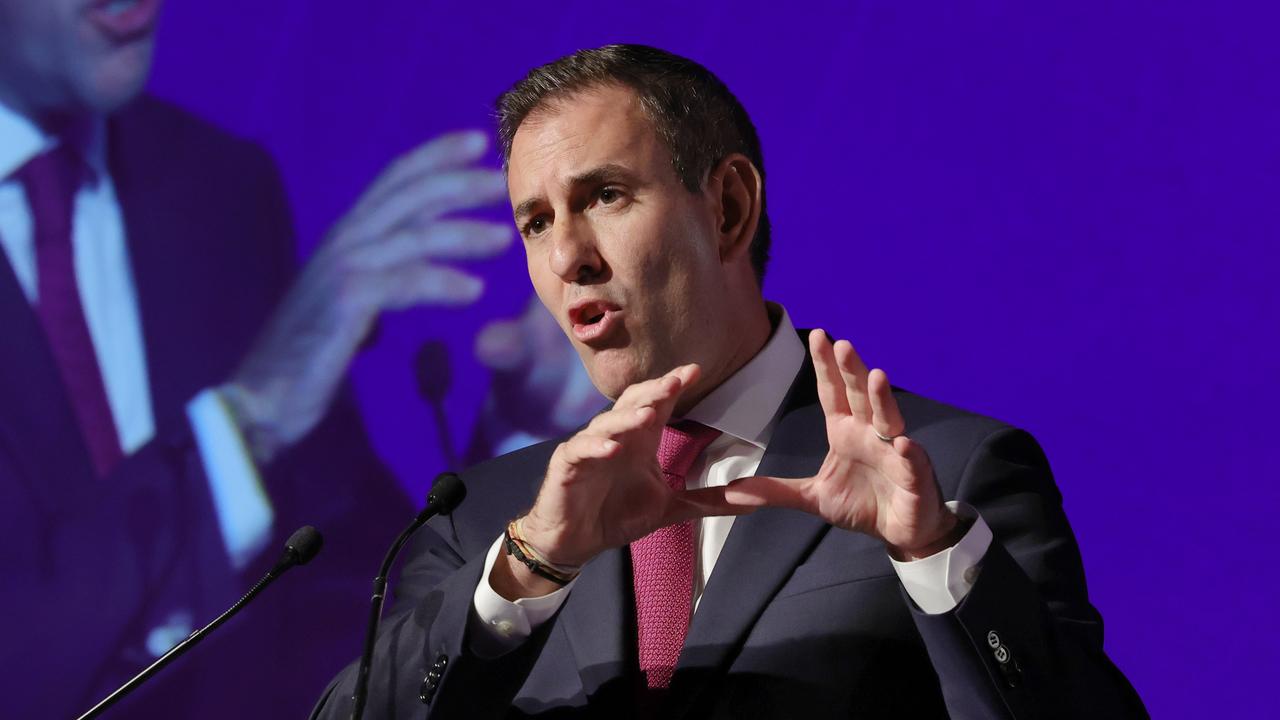Gartner report says flexible working now crucial in hiring wars
Flexible work is now a deal-breaker for many Australian employees who say they will walk away from jobs if there is not enough scope for working from home.

Flexible work is now a deal-breaker for many Australian employees who say they are prepared to walk away from jobs if companies do not offer enough scope for them to work at home.
Neal Woolrich, director, human resource advisory, at Gartner, said on Friday that attracting top talent in a competitive labour market was not just about the cash and companies must use other levers to prevent staff churn.
According to Gartner research, 22 per cent of candidates abandon an application process entirely if they feel their expectations of work/life balance will not be met in the role; almost 40 per cent say they would leave a job rather than return to the office full-time; and only about 35 per cent of workers are prepared to stay in their jobs for 12 months or more.
“Flexible work has been around for a long time but in pre-Covid days it was seen as a privilege that had to be earned,” Mr Woolrich said.
“Now it is an expectation many employees have. We are seeing a lot of candidates dropping out of recruitment processes where the prospective employer is not offering flexible work or not offering enough flexible work.”
He said that while some organisations using cash to attract staff, money was not enough and companies had to develop a better “employee value proposition”.
This should include flexibility in how work was structured and when and where people worked; facilitating personal growth, not necessarily connected to work, by creating opportunities to pursue hobbies or social causes; offering wellbeing programs; taking a stand on issues such as equality or environmentalism; and ensuring employees felt “deeply understood” with a balance of privacy and connection when working at home.

“We are seeing a lot of distortions in the labour market, in particular because of closed international borders, especially in finance, accounting and operational type roles,” Mr Woolrich said. “A lot of organisations are facing shortages and people are being poached for big premiums above ordinary market rates. Employees are both emotional and rational actors and if an employer doesn’t have the capacity to compete on price for labour, the other lever they can pull is to focus on those emotional connections.
“You can start to offer greater flexibility, personal growth opportunities, and wellbeing resources. If you don’t want to get into a bidding war for talent, that’s where the human deal comes in and it’s another lever you can pull.
“People want to be understood by their employer and they want people to know about their personal situations because the idea of a work/life split - there is no work/life split any more. What we want to get to is work/life harmonisation, and to do that employers need to know people’s personal circumstances a bit better. Are you looking after school age children in lockdown? Do you have elderly relatives living with you?”
Mr Woolrich said when borders are back to normal “we may see a bit of a pull back but I think what we have seen over the last 18 months is that this has been a life changing event for a lot of people”.
Some people were in fact more financially secure because they had not been able to spend discretionary funds. They were in a strong bargaining position about their careers as they decided on their priorities.
“I think Covid has fundamentally changed the way we work and live and the way we think about relationships between employers and employees,” he said.







To join the conversation, please log in. Don't have an account? Register
Join the conversation, you are commenting as Logout